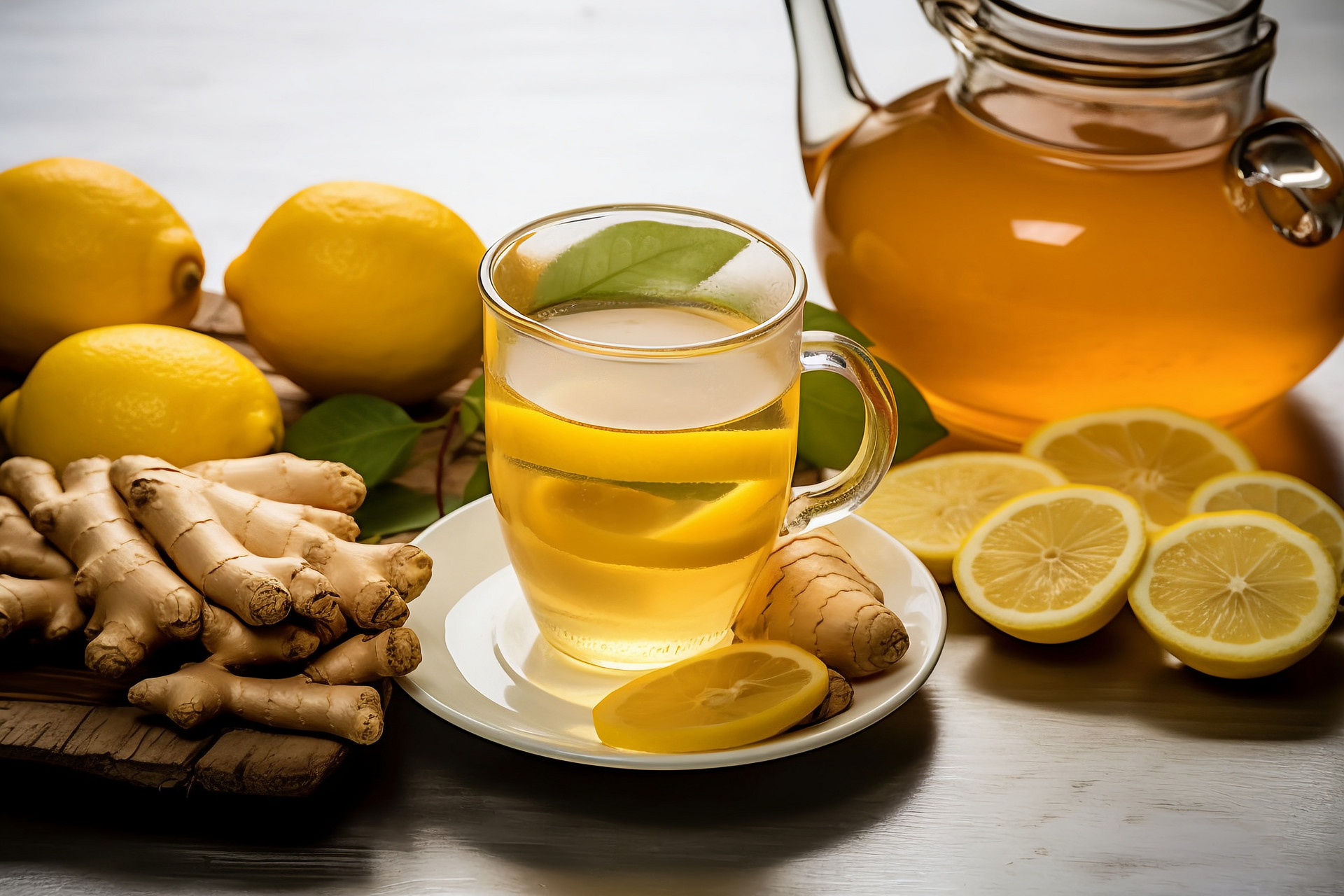What are the benefits of mulberry leaves?
Mulberry leaves have the effect of clearing and nourishing the body. How does drinking mulberry leaf tea benefit us? Why are mulberry leaves called "divine leaves"? What are the methods of consuming mulberry leaves?
In China, mulberry cultivation and silkworm breeding have a history of more than 5,000 years. Spring is for harvesting mulberry branches, summer for picking mulberries, autumn for collecting frost-kissed mulberry leaves, and winter for scraping mulberry bark. This indicates that every part of the mulberry tree is valuable. Mulberry leaves, as the leaves of mulberry trees, are the food for silkworms and also a valuable medicinal herb. They can be used as a health food for people of all ages.
The Benefits of Mulberry Leaves
According to traditional Chinese medicine, mulberry leaves have a cold nature and a bitter-sweet taste. They belong to the lung and liver meridians. Due to their fan-like shape, they are also known as "iron fans." The best mulberry leaves are complete, large and thick, with a yellow-green color, crispy texture, and no impurities. When used as food for silkworms, the leaves should be tender, but for medicinal use, older leaves are preferred. Renowned doctor Zhang Shouyi from the Republic of China pointed out, "Old mulberry leaves that have experienced frost are the best, as they have complete vitality and strong medicinal properties." Therefore, medicinal mulberry leaves are usually harvested after being exposed to frost, and they are called "frost-kissed mulberry leaves" or "winter mulberry leaves."
According to "Shennong's Classic of Materia Medica," mulberry leaves are classified as a middle-grade herb. They are believed to have the effects of dispelling cold and heat, inducing sweating, dispersing wind-heat, clearing the lungs, and nourishing the liver. They are often used in combination with chrysanthemum flowers to treat external wind-heat colds, coughs, and eye diseases. "Compendium of Materia Medica" records, "The juice can be boiled instead of tea, which can stop thirst, relieve heat and cough, and promote hair growth." Mulberry leaves were highly regarded by ancient people and were especially effective in clearing lung heat and moisturizing the lungs. They can treat symptoms such as fever, cough with yellow phlegm caused by wind-heat invading the lungs, or dry cough with little phlegm and throat itching caused by dry-heat invading the lungs. Honey-fried mulberry leaves have even better moisturizing effects on the lungs.
Modern research results show that mulberry leaves have the effects of lowering blood sugar, reducing blood lipid levels, and lowering blood pressure. They can improve liver function, delay aging, and have a mild and effective effect. They can be brewed with hot water as a tea substitute, used in porridge, or used as a facial wash to treat facial acne and brown spots. They can also relieve the dryness and roughness of the skin in autumn and winter or in the elderly.
Modern studies have shown that mulberry leaves have similar tonifying and anti-aging effects as ginseng, hence the reputation of "ginseng for tonifying, mulberry leaves for clearing." They have good nutritional and medicinal value.
What are the benefits of drinking mulberry leaf tea?
1. Treating wind-heat cold: Mulberry leaves belong to the lung and liver meridians and have the function of dispelling wind-heat. Drinking mulberry leaf tea can effectively relieve symptoms such as fever, headache, and sore throat.
2. Clearing lung heat: If you have symptoms such as cough with little phlegm or dryness in the nose and throat caused by lung heat or dry heat damaging the lungs, drinking mulberry leaf tea can effectively clear lung heat.
3. Treating dizziness: Mulberry leaf tea can relieve symptoms such as dizziness caused by excessive liver yang and redness in the eyes. Mulberry leaf tea has the effects of suppressing liver yang, clearing the liver, and improving eyesight. It can treat headaches caused by excessive liver yang. It can be brewed together with other heat-clearing Chinese herbs such as chrysanthemum.
4. Diuretic and anti-athlete's foot: People with athlete's foot can soak their feet in mulberry leaf tea to effectively eliminate the condition. The diuretic effect of mulberry leaf tea helps to eliminate excess water in the body's cells.
5. Reducing pigmentation: Mulberry leaf tea can be used to reduce pigmentation. If women with facial pigmentation wash their faces three times a day with mulberry leaf tea, it can lighten the pigmented areas to some extent.
6. Lowering the three highs: Mulberry leaves contain various alkaloids, amino acids, and polysaccharides, which have obvious effects of reducing blood glucose, blood pressure, and blood lipid levels. They are very suitable for people with "three highs" (high blood sugar, high blood pressure, high blood lipid) and have good health benefits.
Who should drink mulberry leaf tea?
This product is suitable for people with abnormal glucose tolerance, mild diabetes, type 2 diabetes and high-risk population, as well as for the auxiliary treatment of type 1 diabetes, diabetes combined with hyperlipidemia, diabetic neuropathy and complications, and cardiovascular and cerebrovascular diseases. It also has health benefits for normal individuals.












